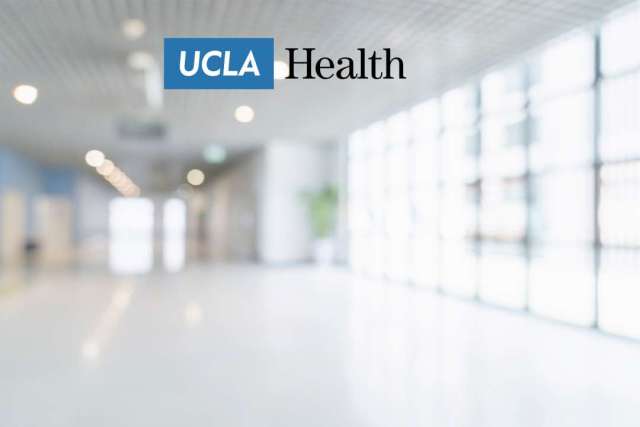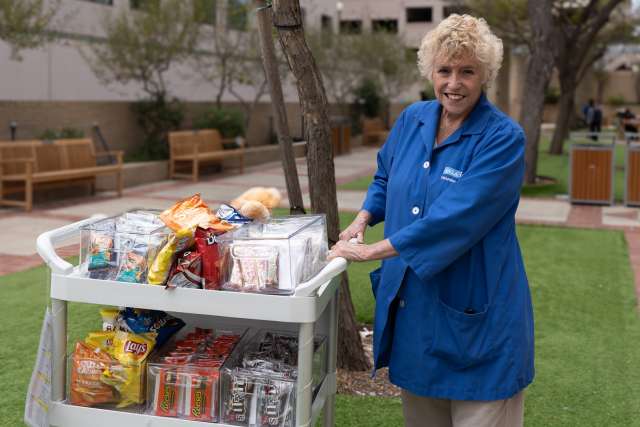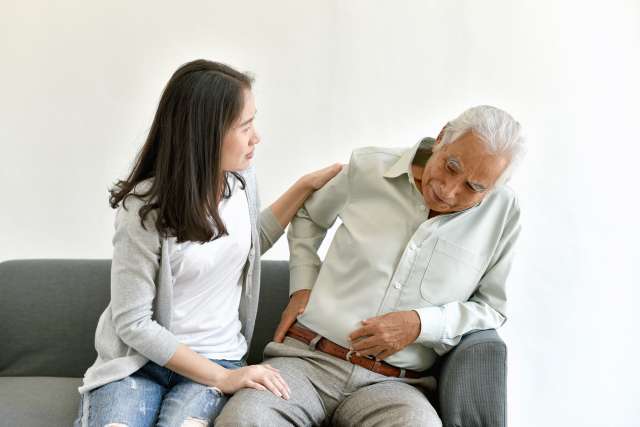For years, scientists have known little about how the brain assigns cells to participate in encoding and storing memories. Now a team of researchers from UCLA and the University of Toronto has discovered that a protein called CREB controls the odds of a neuron playing a role in memory formation. The findings, reported in the April 20 edition of the journal Science, suggest a new approach for preserving memory in people suffering from Alzheimer's and certain brain injuries. "Making a memory is not a conscious act," said Alcino Silva, principal investigator and a professor of neurobiology and psychiatry at the David Geffen School of Medicine at UCLA. "Learning triggers a cascade of chemicals in the brain that influence which memories are kept and which are lost. "Earlier studies have linked the CREB protein to keeping memories stable," he said. "We suspected it also played a key role in channeling memories to brain cells that are ready to store them." Silva, a member of the UCLA Brain Research Institute, and his colleagues used a mouse model to evaluate their hypothesis. They implanted CREB into a virus, which they then introduced into some of the cells in the animal's amygdala, a brain region critical to emotional memory. Next, they tested the ability of the mouse to recall a specific cage it had visited before. The cage was outfitted with patterned walls and a unique smell. To visualize which brain cells stored the mouse's memories about the cage, the scientists tracked a genetic marker that reveals recent neuron activity. When the team examined the amygdalas of the mice after the experiment, they found substantial amounts of CREB and the marker in neurons. "We discovered that the amount of CREB influences whether or not the brain stores a memory," Silva said. "If a cell is low in CREB, it is less likely to keep a memory. If the cell is high in CREB, it is more likely to store the memory." The human implications of the new research could prove profound. "By artificially manipulating CREB levels among groups of cells, we can determine where the brain stores its memories," Silva said. "This approach could potentially be used to preserve memory in people suffering from Alzheimer's or other brain injury. We may be able to guide memories into healthy cells and away from sick cells in dying regions of the brain." Our memories define who we are, so learning how the brain stores memory, Silva said, is fundamental to understanding what it is to be human. "A memory is not a static snapshot," he said. "Memories serve a purpose. They are about acquiring information that helps us deal with similar situations in the future. What we recall helps us learn from our past experiences and better shape our lives." The study was funded by the National Institute on Aging and NARSAD: The Mental Health Research Association. Silva's co-authors included Steven Kushner, Anna Matynia and Robert Brown of UCLA; Sheena Josselyn, Jin-Hee Han, Adelaide Yiu and Christy Cole of the University of Toronto; Rachel Neve of Harvard University; and John Guzowski of the University of California, Irvine. -UCLA- ES175
UCLA Researchers Discover Key to Memory Storage in Brain; Research Suggests New Approach to Treating Alzheimer’s, Brain Injury



